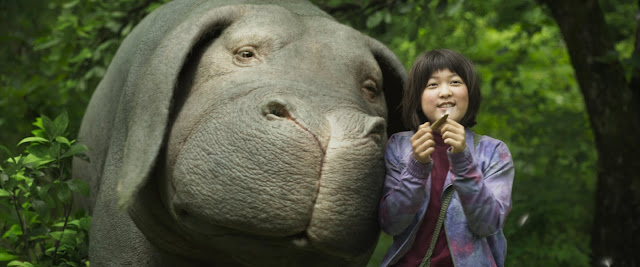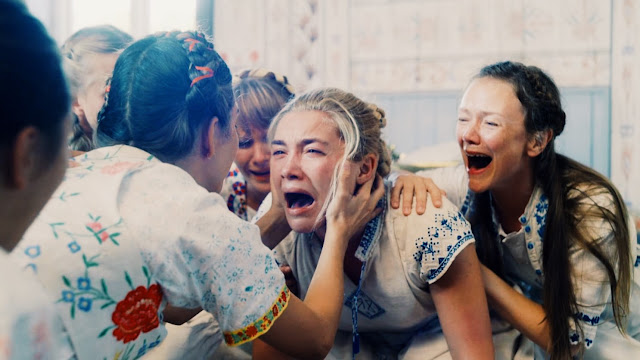Au Hasard Balthazar (1966)
FILM CLASSIC REVIEW #2
Noble Steed - An Analysis of Au Hasard Balthazar
Bresson is a man of action, and in many respects a man who fears God. His films bravely and magnificently represent real life, in the best way the French New Wave was able to do. It's about using real people, and real events to make realistic films. In terms of the religious implications within his films, they are as Catholic as movies come. All of his films represent saints in sinners, and how sinners can be offered redemption for their bad deeds. In a sense, he was definitely a precursor to Martin Scorsese, who has made films about Catholic guilt through his entire career. The films of Bresson also include the unfortunate victims of a brutal, oppressive world, and the idea that one day, they may be rewarded or remembered as martyrs for their suffering on this earth. The film that captures this second idea in perhaps Bresson's most breathtaking way is Au Hasard Balthazar
It's the story of a woman, Marie, and her childhood donkey, Balthazar. Together, Bresson shows to us the parallel of two vulnerable beings, and the world lets them down one person at a time. The two are mistreated by the exact same troupe of bad people. One of which is the boyfriend, Gerard, whom Marie cannot stop falling for, despite the fact that he uses her to his perverted advantage any chance he gets. She can't get past his leather-bound good looks, and as a result, she becomes Gerard's toy. Gerard has an equally disturbing relationship with Balthazar as well. Once scene is particular shows Gerard mercilessly lighting Balthazar's tale on fire, in order to make him move quicker on the trail to deliver bread along the French country side. Other people who turn up to hurt Balthazar and his owner, would be a perverted town drunk who kidnaps Balthazar and enters him into the circus, while desperately trying to sleep with Marie in his home once she decides to run away from home and stay at a strangers house. Once more, and again, Balthazar and Marie cannot escape the tragedy that surrounds their life.
This is where the likeness to Catholicism comes in. Consider the story of Jesus Christ, and how he suffered and died for the sins of man, in order to become their savior. To Catholics, those who suffer are those whom we should respect, and by the end of the picture, we find ourselves more than just respective of Balthazar. Even the characters of the story refer to him as a "Saint". Of course, what comes to mind is the last scene of the film, which is perhaps one of the most beautiful in the history of cinema. Balthazar is seen surrounded by a flock of sheep, as he passes away peacefully in a field. Bresson magnificently uses his cinematography to capture the animal with a saintly aura. Sheep, also as you know, have much to do with the Bible, and it is assumed that Baltazar, though being a donkey, is as holy as a lamb.
I adored this movie. Much like Diary of Country Priest the realism of the characters and scenes absolutely touched me. In regards to each of the characters, as typical of Bresson, they don't seem like actors, but strange people that we all know ourselves. From the quiet and restless Marie, to the rebellious, lout Gerard, we know these people, and Bresson makes it very easy to allow us to root for and detest whom we want to. I felt much sympathy, and pity for these people, for they kept falling into the same horrible mistakes, plunging themselves deeper into their own abyss. Marie is such a lost soul, and a misguided young woman. By the end of the picture, she is seen weeping in a corner, completely naked, presumably beaten by her boyfriend Gerard. It's the same kind of abuse that Bresson wants us to associate Balthazar with, but unlike an Animal that wouldn't know any better, Marie should've known much better. But in the end, like the good Catholic in me, I forgave her. "Father, please forgive them; for they know not what they do" (Luke 23:34).
Bresson pulls on our heartstrings and leaves us devastated by the end of Au Hasard Balthazar, but it is a remarkably cleansing experience to watch. In Bresson's unique and powerfully real way, he makes us care so much for a simple donkey.





Comments
Post a Comment